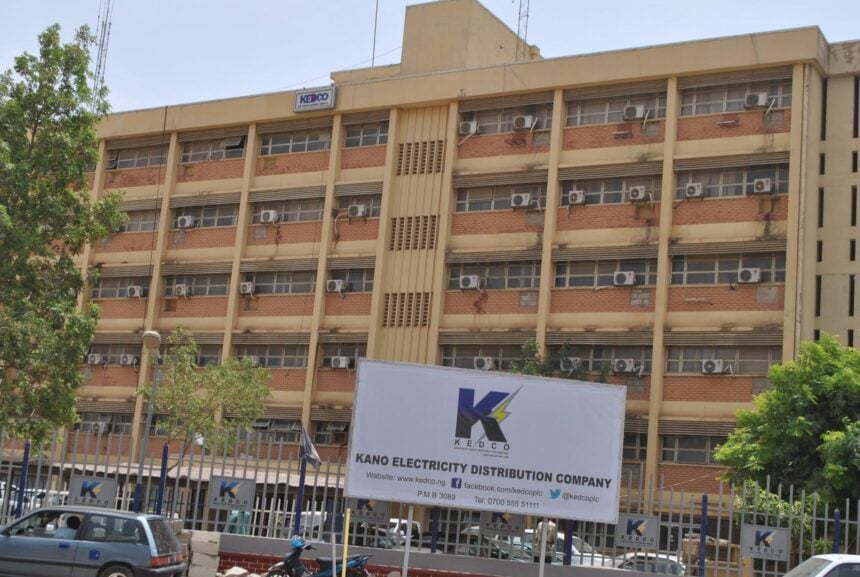Nigeria is in talks with China’s Export-Import Bank to secure a $2 billion loan for the development of a new “super grid” aimed at alleviating the country’s persistent power shortages. This initiative, as disclosed by the Minister of Power, Adebayo Adelabu, during an economic summit in Abuja, is part of a broader strategy to decentralize power generation and encourage large-scale industrial users to reconnect to the national grid.
The proposed super grid project seeks to link the eastern and western regions of Nigeria, where a significant number of the country’s industrial consumers are concentrated. According to Adelabu, the project is designed to improve transmission efficiency, ensuring that more power reaches industrial zones. This move is crucial, given the national grid’s history of collapses, often attributed to inadequate generation capacity, transmission constraints, and technical faults.
The Federal Executive Council has already approved financing for the project, underscoring the government’s commitment to addressing the power sector’s challenges. In a related development, recent tariff adjustments for urban consumers have yielded a 70% increase in industry revenues in 2024, with projections indicating a further 41% rise to N2.4 trillion ($1.6 billion) this year.
Nigeria’s power sector has long been plagued by reliability issues, leading many industrial users to seek alternative sources of power. The proposed super grid, if successfully implemented, could mark a significant step towards stabilizing the national grid and encouraging these users to reconnect. With the government actively pursuing financing options and implementing tariff adjustments to boost sector revenues, there is a renewed focus on addressing the country’s power shortages.
As Nigeria moves forward with its plans to develop the super grid, the project’s success will depend on various factors, including the timely disbursement of the loan and the effective implementation of the project. The government’s efforts to decentralize power generation and improve transmission infrastructure are critical to enhancing the overall efficiency of the power sector and supporting the country’s industrial growth.



